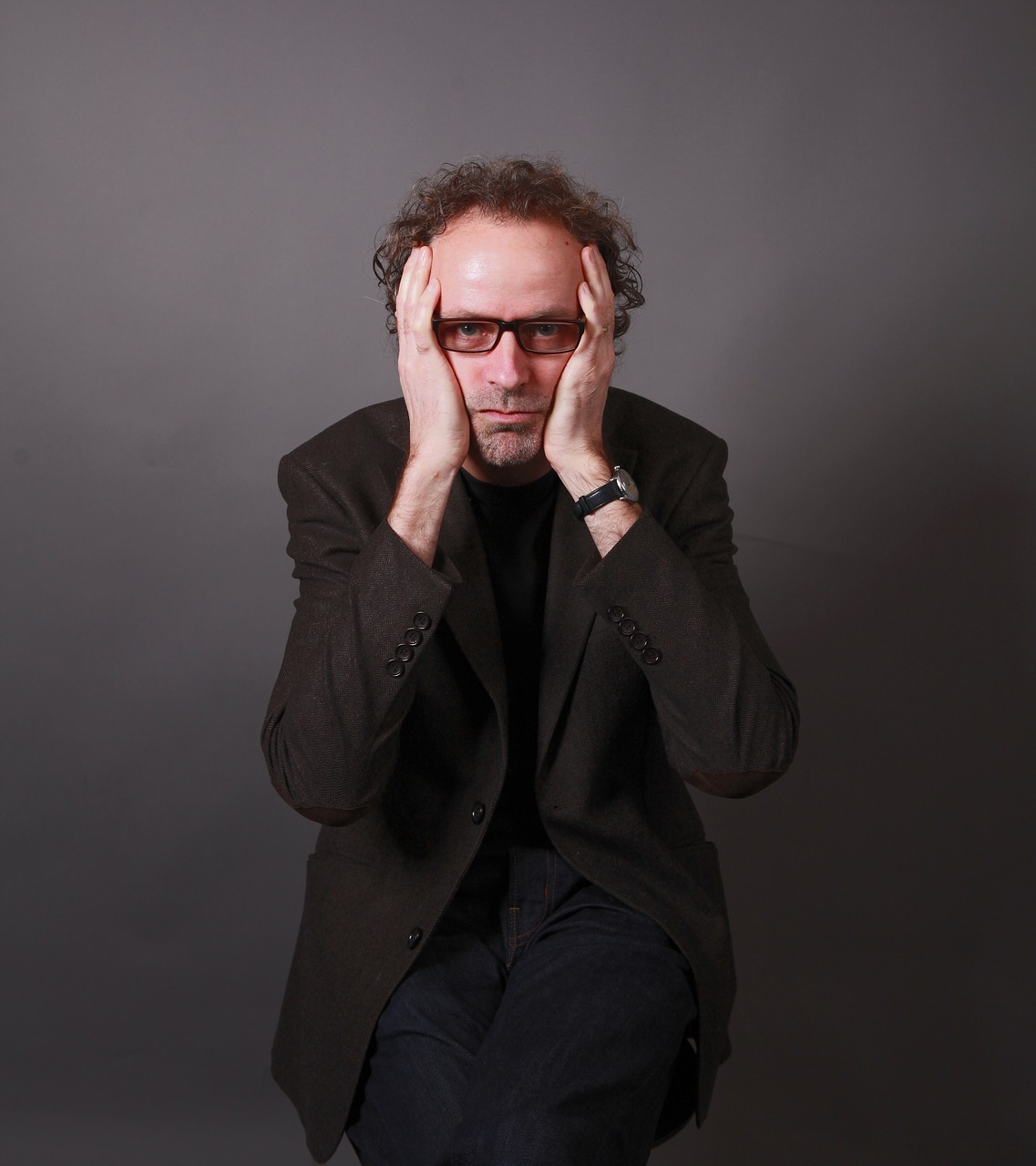“Why Talking About It Helps: Cortisol and Social Safety”
out it.
And silence creates more cortisol than any symptom ever could.
When you hold everything inside, your system assumes there’s no help coming.
And that belief keeps your body in emergency mode — long past the moment of actual threat.
What Talking Actually Does (Biochemically)
- Reduces cortisol and adrenaline
Especially when you speak out loud to a safe person, not just think internally. - Activates the vagus nerve through vocalization
Talking = vibrating the vocal cords = calming the nervous system. - Shifts you from isolation to connection
This isn’t philosophical — it’s measurable in brain scans and hormone levels. - Prevents emotional backlog
Repressed emotion becomes stored energy. Spoken emotion becomes processed energy.
What This Doesn’t Mean
You don’t need:
- To overshare
- To trauma-dump
- To get solutions
- To relive your symptoms in detail
You just need acknowledgment.
Someone who knows you’re carrying something.
Someone who lets your system unclench.
And that might be:
- A friend
- A partner
- A therapist
- Or even a voice note to yourself
If You Have No One to Talk To — Start Here
- Record yourself speaking.
Say how you feel out loud. You don’t need to play it back. Just speak it out of your body. - Journal with vocal expression.
As you write, say it too. Whisper. Mumble. Let your body hear it. - Listen to others who’ve been there.
YouTube videos. Podcasts. Forums. Hearing your experience reflected is a form of social safety, even if it’s one-way.
Final Thought
Talking doesn’t fix everything.
But it tells your system you’re not trapped.
And that changes everything.
Your cortisol doesn’t just respond to fear. It responds to relief. And relief often begins with the sentence:
“I just need to say this out loud.”
Next up in Entry 17:
“Breath as a Hormonal Reset: Instant Cortisol Drops”
We’ll explore why breath — more than any supplement or hack — is your fastest, most powerful tool to stop cortisol in real-time.
You don’t always need a breakthrough. Sometimes, you just need to be heard.


